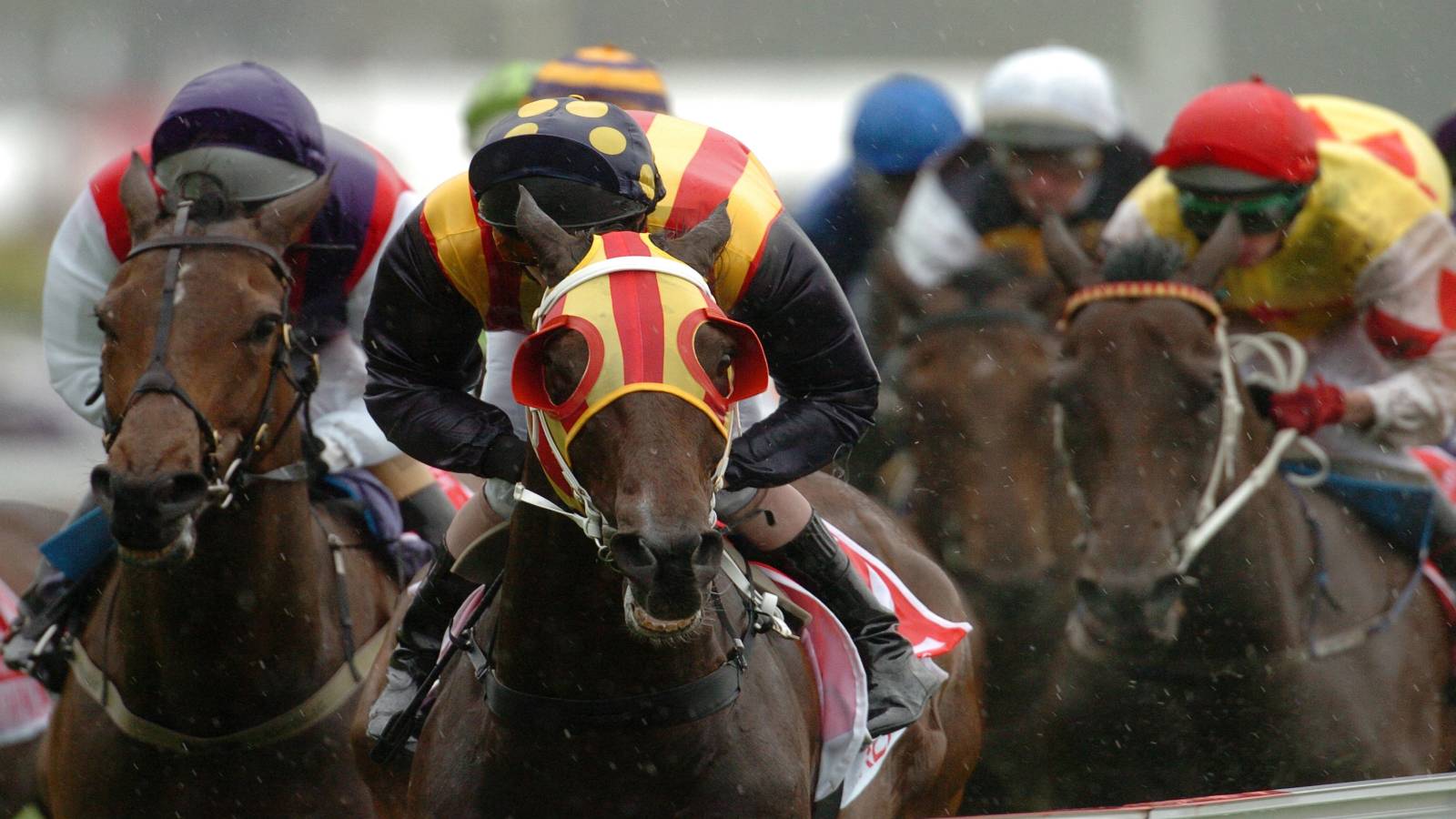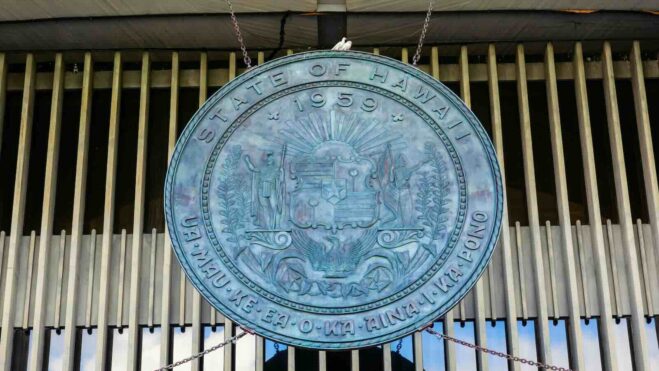On April 25, the Alabama Senate passed Senate Bill 298 with a significant majority, marking a pivotal moment in the state’s legislative history. Media outlet 1819 News reports that this bill seeks to legalize historical horse racing (HHR) gambling machines in Greene County, a move that could transform the local gambling landscape.
HHR machines allow players to bet on randomly-selected replays of past horse races, providing a slots-like alternative in regions that don’t permit traditional slots. These machines use a pari-mutuel betting system, similar to live horse racing, where players’ bets go into a pool and payouts are determined by the pool size and the number of winning bets.
Senate Bill 298’s passage in the Senate is just the first hurdle; the legislation now faces the scrutiny of the Alabama House. With the legislative session drawing to a close on May 20, time is of the essence for the House to deliberate and decide on the bill’s fate.
Greene County is home to the Greene County Entertainment Center. It was previously Greenetrack, which closed in February 2023 due to a substantial tax ruling by the state supreme court. The emergence of the Greene County Entertainment Center has diverged from its predecessor’s operations by eliminating bingo machines and instead, focusing on simulcast dog and horse racing.
What the bill accomplishes
In addition to amending several state laws, Senate Bill 298 creates the Green County Racing Commission (GCRC). It would consist of three members appointed by the legislative delegation representing Greene County in both the state House and Senate.
In addition, licenses issued under this bill are valid for up to 10 years and must detail the licensee’s name and the location of the racetrack or pari-mutuel facility. Eligible license applicants include corporations, associations, companies, partnerships, or other legal entities, including individuals, that have been established or living in Alabama for at least five years, or have a managing member or majority officer who has been a resident of the state for the same duration.
The annual license fee is set at $25,000, with multi-year licenses to cost the same. Licensees will pay a tax of 4% on the total contributions minus the prizes paid to winners from all HHR pari-mutuel pools.
Déjà vu
The bill’s journey is reminiscent of a similar piece of legislation that cleared the Senate last year but ultimately failed to pass in the House. Although the attitude toward gambling has softened in the state, there’s still no guarantee the House will take a different course of action this year.
The broader context of gambling legislation in Alabama reveals a complex and cautious approach. Other gambling-related proposals, such as those concerning sports betting and a state lottery, have not seen the same progress as the HHR bill.
These initiatives remain in legislative limbo, with their future uncertain. The lack of advancement on these fronts suggests a reticence among lawmakers to fully embrace a comprehensive gambling expansion in the state.
The outcome of Senate Bill 298 will determine the fate of HHR machines in Greene County. However, it could also set a precedent for future gambling legislation in Alabama.






